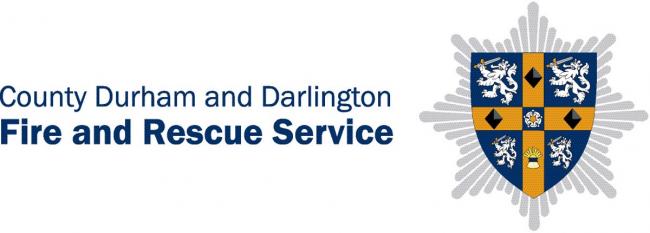
County Durham and Darlington Fire and Rescue Service (CDDFRS) categorise calls to a fire, where on attendance there is no fire, as ‘False Alarms’.
Automatic fire alarm and detection systems may be activated deliberately by a person for either good intent or malicious reasons, however, where alarms operate due to a mechanical or electrical fault, or false activation by non-fire conditions e.g. cooking fumes, dust, cigarette smoke etc. and the fire service attend, these are recorded as ‘Unwanted Fire Signals’ (UwFS).
In 2017/18 CDDFRS received a total of 751 UwFS calls to non-domestic premises which equates to 9.4% of all incidents attended by the Service that year, these included calls to factories, offices, shops, schools, hospitals, student accommodation and other non-domestic premises covered by the Regulatory Reform (Fire Safety) Order 2005.
Fire alarms which actuate accidentally when there is no fire can be an indication of poor system maintenance or inadequate fire safety management in the premises. Those false alarms that result in an attendance by CDDFRS have a significant impact on the availability of operational resources to attend real emergencies and create unnecessary risk to fire crews and members of the public when appliances are responding under emergency conditions.
In 2011, the Localism Act introduced amendments to the Fire and Rescue Services Act 2004 which enabled a Fire Authority to recover costs for attending repeated UwFSs. CDDFRS did not introduce this at the time as a considerable amount of work was being done in relation to UwFS which resulted in some reduction of this type of false alarm. However, this appears to have plateaued and more recently has begun to increase, we therefore now intend to introduce a 12-month trial from Monday 1 April 2019 to recover costs where a property has repeated false alarms from UwFS.
CDDFRS recognises the value and encourages the use of automatic fire detection in premises to assist in protecting people from fire and reducing the numbers of fire deaths and injuries. Our objective through applying a cost recovery charge is to encourage the correct maintenance, use and management of automatic fire alarm systems, which will improve fire safety in premises and reduce UwFS.
In order to minimise the impact, the Service will send a letter to each premise that has an UwFS in the first instance notifying the responsible person of the potential charge for further UwFS. The charge will be applied for the third false alarm attended within a 12-month period and for all subsequent false alarm call outs. This will apply to properties where the Regulatory Reform (Fire Safety) Order 2005 applies to either all or part of the premises. The charge will be equal to the Service charge for a special service incident which is currently £291 +VAT per appliance, per hour or part thereof. Once a charge has been made for an UwFS, the responsible person may make an appeal by writing to the Head of Community Risk Management (CRM) stating the reason for the appeal.
The responsibility for fire safety in a property and ascertaining if a fire exists upon actuation of an automatic fire alarm lies with the responsible person as stated in the Regulatory Reform (Fire Safety) Order 2005. Therefore, this may mean you need to review your own management policies and procedures to ensure that any actuation of the fire alarm is investigated quickly to confirm if there is a fire prior to the Fire Service being called. A safe system of work should be implemented at all times by the responsible person and this should be reflected within the premises’ fire risk assessment. It is recommended that you inform your relevant insurance companies of these changes.
As part of the consultation process, the Fire Authority would appreciate any feedback, comments or concerns you may have prior to the implementation of the trial on 1 April 2019. Further details regarding this procedure and the Fire Safety Order legislative requirements can be found on the Service’s website www.ddfire.gov.uk.
- Should you require any further assistance or clarification on this matter or require any fire safety advice, please contact the Business Fire Safety Section on 0845 223 4221.
